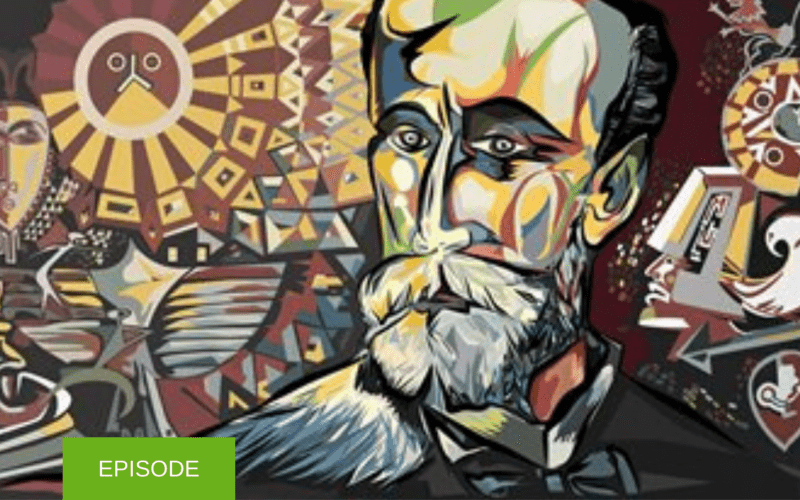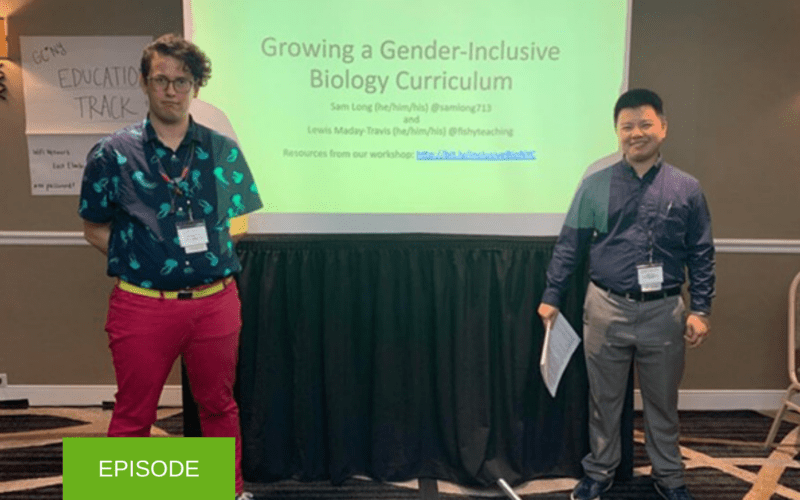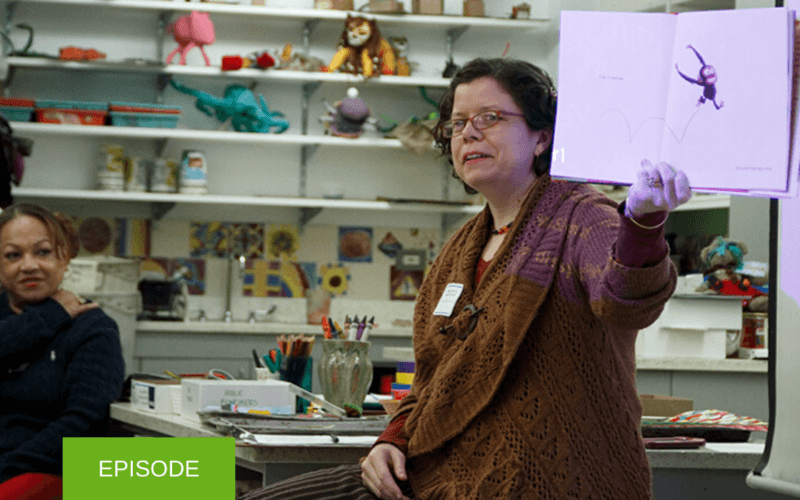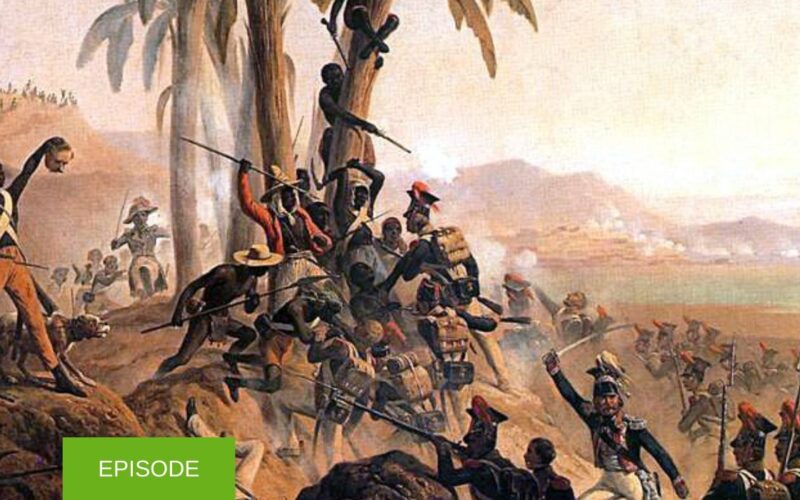Multicultural Education: Challenges and Aspirations
We speak with New York State Regent Luis O. Reyes on the evolution of multilingual education in New York, beginning with the ASPIRA Consent Decree that in 1974 established bilingual education as an entitlement for Puerto Rican and other Latinx students. NY is gradually transitioning to bicultural and bi-literate education. The Regents’ Culturally Responsive-Sustaining Education Framework represents the way forward.
Read More







